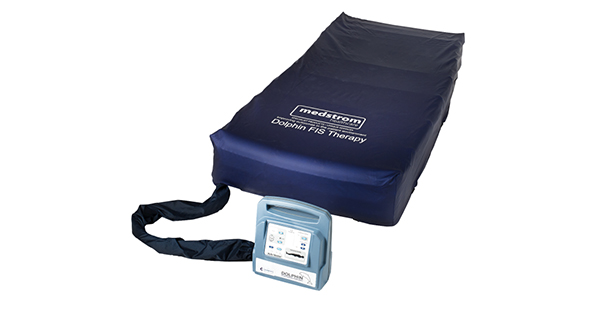Background: The diagnosis of wound infection is often restricted to the use of clinical signs and symptoms which are not always reliable.
Aims: To determine if systemic C-reactive protein (CRP) measurements could be used as a diagnostic marker for wounds whose healing is delayed by the effects of wound bed bioburden.
Methods: A comparative descriptive design with a survey method was used. Patients with wounds healing by secondary intention with a duration of 4 weeks or more were placed into wound infection continuum groups based on clinical features. Wound features for each patient were listed to enable analysis of CRP results within and between groups. CRP was also analysed for all patients as a single group against individual wound features.
Results: CRP levels were found to be significantly higher for patients in the spreading infection group, but no differences in levels were found to distinguish the other groups. Higher CRP levels were found to be statistically significant when several clinical features were present in wounds irrespective of study grouping, these were necrotic tissue, wet wounds, malodour, recent wound extension and redness of >2cm on surrounding skin.
Conclusions: This study cannot support CRP as a diagnostic marker for determining between wounds in different groups in the infection continuum known as colonisation, critical colonisation and local infection and cannot be used alone to indicate the need for antimicrobial treatment in these groups.
Conflict of interest: None






